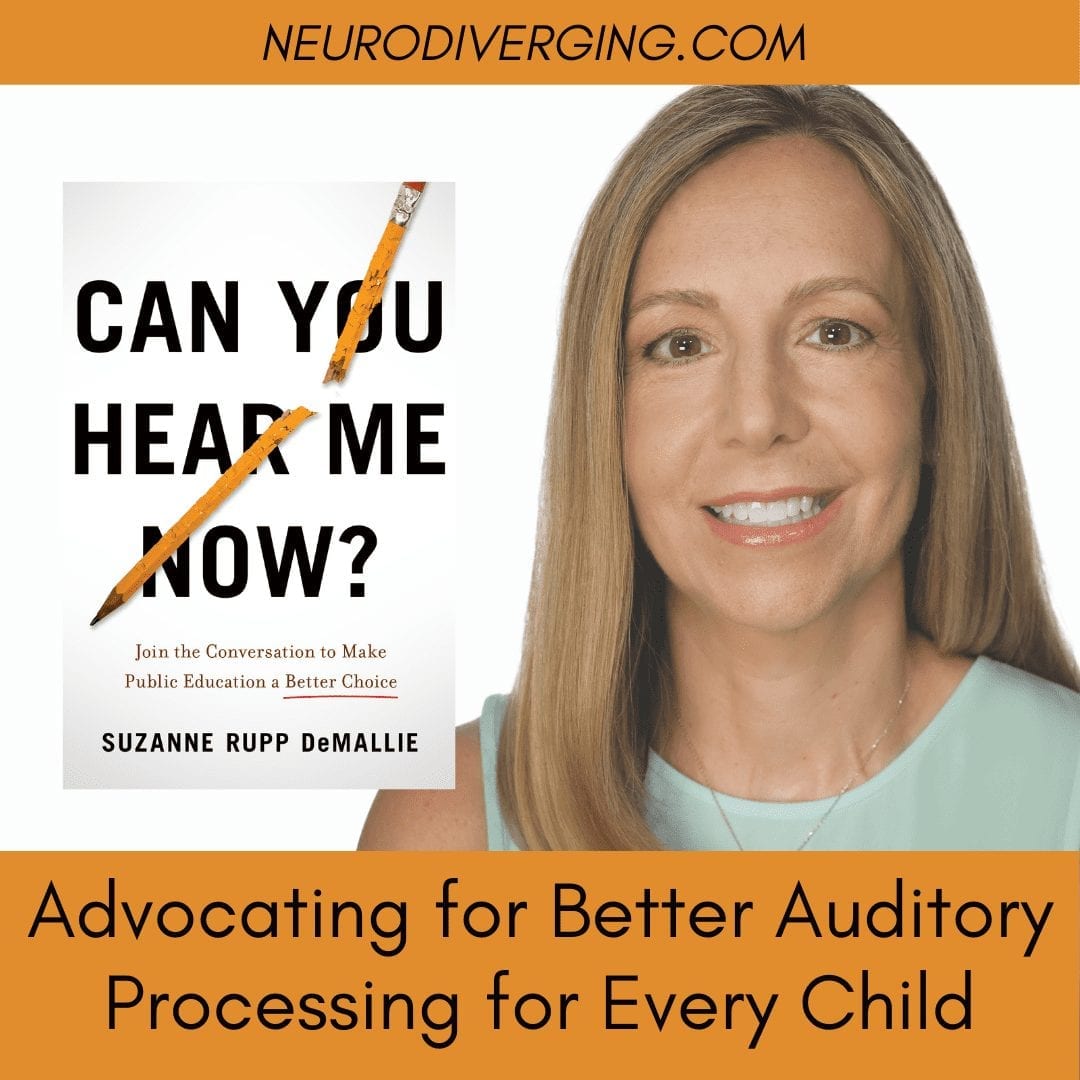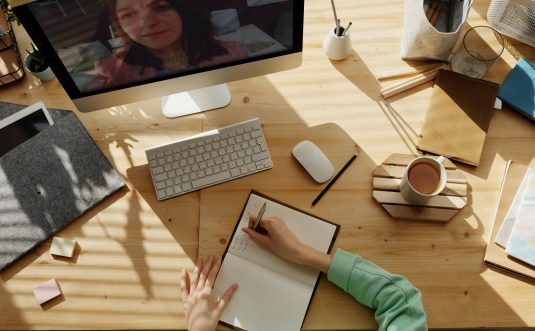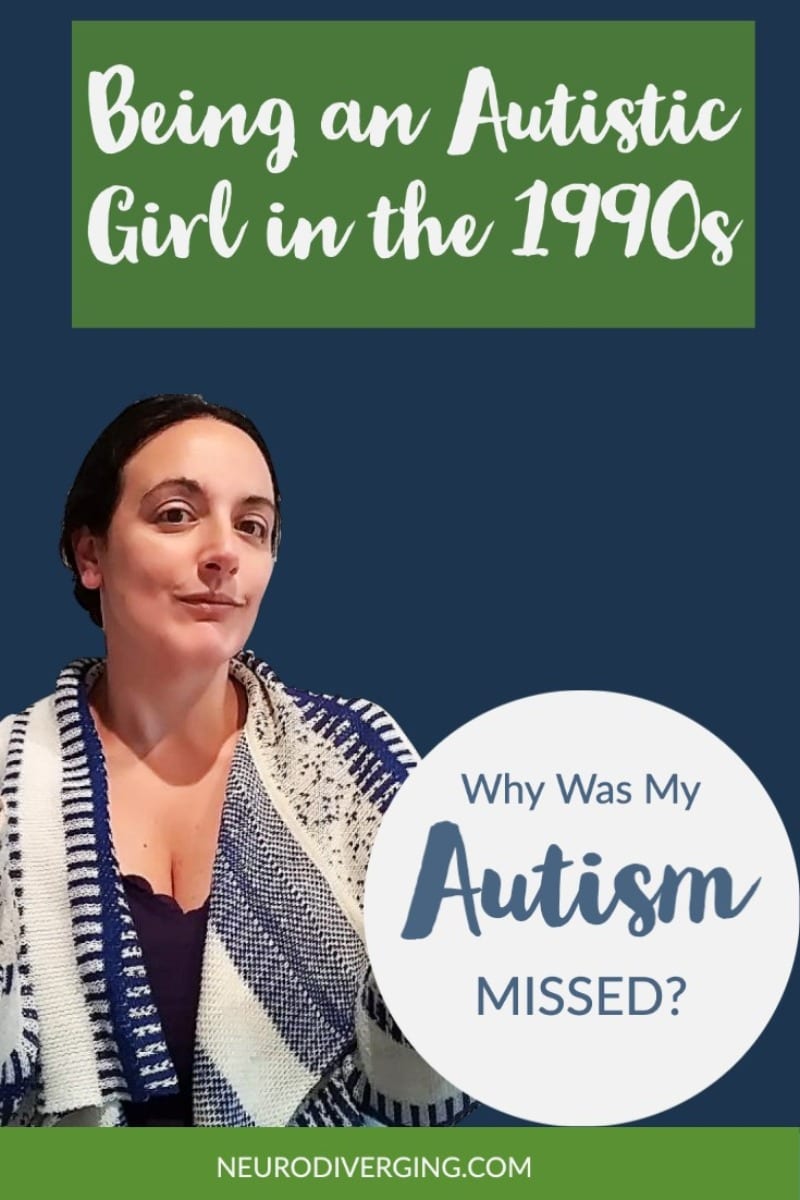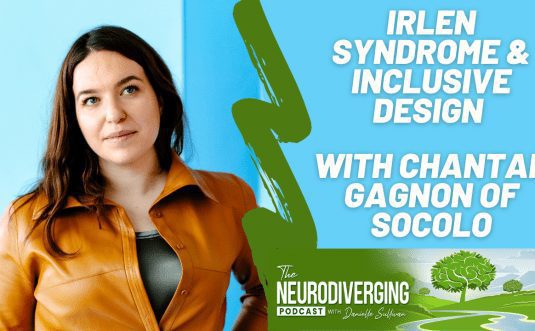In this episode, I reflect on the recent losses of a close friend, a beloved pet, and an estranged parent, and what each experience revealed about grief, boundaries, and belonging. Through these stories, we explore how values-aligned community offers support where traditional family sometimes cannot. This is a tender invitation to consider how we build connection, and why it’s worth it.
Contents
Listen on Apple Podcasts | Spotify | Youtube
Show Notes
Thank you to our Patrons for funding this podcast. Find out more and pledge today at patreon.com/neurodiverging.
- Get ad-free podcast downloads by joining us on Patreon: http://patreon.com/neurodiverging
- Connect in Community is a 10-day virtual community experience for neurodivergent adults who want more friendship, less burnout, and a gentle way to practice connection. We run from July 23rd-August 1st. Learn more and register: www.neurodiverging.com/community
- We’d love to hear from you! Share a question, comment, or situation you’d like support with, and we may feature it on our podcast Leave a voice note.
About Neurodiverging
Neurodiverging is dedicated to helping neurodiverse folk find the resources we need to live better lives as individuals, and to further disability awareness and social justice efforts to improve all our lives as part of the larger, world community. If you’re interested in learning more, you can:
- Join our mailing list to make sure you are notified when there’s a new episode!
- Take a look around at previous podcast episodes, blog posts, and coaching offerings here on neurodiverging.com.
- Looking for something specific or have a question? Send us an email at contact@neurodiverging.com.
- Check us out on Patreon to support this podcast and blog!
Transcript: Grieving and Rebuilding: Creating Neurodivergent Affirming Community
I’m here today after a good, long break to talk a bit more personally about what’s been going on, both with me and with Neurodiverging as a whole. If you’re not in the mood for a personal episode, that’s completely okay. Feel free to skip ahead; we have lots of exciting things coming up soon.
To set the scene: it’s 10 p.m., and I’ve just come home after a full day out with my kids. I’m recording this with my phone on because, right as I sat down, I got a Flood Watch alert. Historically, we’re on higher ground and should be fine, but I’m keeping the phone on just in case. So if you hear any beeps, that’s why.
I want to start by thanking my patrons over at patreon.com/neurodiverging, especially those in our Discord community. I’m grateful for every one of you, but the Discord folks, you know who you are, have truly been a lifeline for me this past year. I’ll be sharing more about that today.
A content note before we dive in: this episode includes some heavier themes, specifically grief, the death of a pet, and the death of two people close to me. Please take care of yourself. If this isn’t the right episode for you right now, no shame. Come back when you’re ready or find something else that supports where you are today.
The theme of this episode is connection, specifically, building community as a late-identified neurodivergent adult. 2025 has been a difficult year for many of us, myself included, and I’ve learned a lot about myself and my needs. I want to share those insights in case they’re helpful to someone else.
Growing up, I was undiagnosed in a traditional public school system and remained undiagnosed through college. College was the first place where I met people who really understood me, people who “got” me. You know who you are, and I’m grateful. But once I transitioned into the “real world,” I struggled to make and keep friends. Community always felt just out of reach.
I tried clubs, hobbies, and different social spaces. As a polyamorous person, I found some connection through that world, if you know one poly person, you’re often connected to a wider community. But even then, I felt like I had to mask to be accepted. People weren’t really seeing me, and I was unintentionally misleading them about who I was. That’s not their fault. I didn’t even realize I was masking most of the time, so how could I stop?
As I’ve gotten older, building community has become more and more important to me. Honestly, that’s one of the main reasons I started the Neurodiverging podcast, not as a business, but as a way to find people like me. I began recording late at night, exhausted and isolated, just hoping someone out there might be going through the same thing. And I found you. I found a whole community.
Connection has always been hard. And this year, with everything happening politically, especially in the U.S., it’s been even more challenging. Despite the privilege I hold, I also exist in many marginalized spaces. My friends and family do, too. We’re scared. And on top of that, there’s been the infiltration of AI into our daily lives, including the spaces we used to rely on for human connection.
Now, the places we used to go to connect with each other are filled with content that’s AI-generated, clickbait, or ragebait. It’s designed to keep us scrolling, not to foster meaningful interaction. I miss the early days of social media, when you’d log into Facebook and just see your friends’ updates, no ads, no algorithms.
Clients of mine have expressed similar grief over the loss of these online spaces, and also over the loss of our “third places,” those in-between community spots that aren’t home or work. Many of us no longer have access to libraries, community centers, or anywhere we can exist without paying an entry fee. Starbucks isn’t the same as a true community gathering place.
All of this has made it even harder for neurodivergent people, who already need deep, intentional connections, to find each other. And on top of all that, I experienced three major personal losses this year, which led to many of the gaps in podcast episodes, blog posts, and newsletters.
The first loss was my friend Stephanie, who died far too young of brain cancer last fall. Our oldest kids are six months apart. I met her shortly after moving to the Boulder area around 2010. We weren’t best friends, but she was part of my community. Her gift for connecting with people was incredible, and it showed in how many lives she touched.
As she neared the end of her life, people showed up: bringing meals, walking with her, simply being present. At her memorial, I sat with strangers who all had meaningful stories about how Stephanie had impacted them. It was clear that she’d spent years building a strong, authentic, and intentional community. I was awed and inspired by what she had created, and I began to ask myself: what would it take for me to have that, too?
Stephanie’s passing reminded me that community building is slow, often invisible work, but when you invest in it over time, it yields profound results. Her example continues to guide me.
The second loss was our cat, Luci. She had been with us for 17 years, since she was a kitten. She was part of my life from the very beginning of my relationship with my partner. Luci was there through every major event: births, moves, illness, miscarriage. She was more than a pet. She was a companion, a witness, a source of unconditional support.
When Luci neared the end of her life, we chose to let her pass at home, surrounded by her people. Afterward, I took two full weeks off work, something I’d never done before. I was scared to do it, afraid of breaking trust with clients and community members. But I knew I had to. And what I learned during those two weeks was that the community I’d built over five years showed up for me.
Folks on Discord hosted groups, checked in on each other, and made space for my grief. No one minimized my loss. And that kind of compassion mirrored what Luci had always offered me: quiet presence, being seen and understood. I realized that I had created something meaningful. Even with all the self-doubt I’ve carried about friendships and worthiness, the community was real, and they held me up.
The third loss was my father. He died about a month ago. We weren’t close. I didn’t feel understood by him, and I’m fairly sure he didn’t understand me either. I maintained necessary boundaries toward the end of his life, and some family members didn’t take that well. Their reactions were hurtful, even though they were also understandable.
For a long time, I believed support during family crises should come from family. I was raised to believe family is the strongest bond. But that hasn’t been true for me, and it’s not true for many people I know. Real support, the kind that sustains you, often comes from chosen community.
The people who supported me through these three losses weren’t necessarily relatives. Some were friends, coworkers, people I only talk to a few times a year, or even people I’ve never met in person: folks from our online community. They showed up. They knew me, they got me, and they held space for me. That’s what community can look like. It doesn’t have to follow the script of what “family” is supposed to be. It just has to be grounded in shared values, authenticity, and trust.
What all of these experiences have reinforced for me is this: community isn’t built on obligation or expectation. It’s built on slow, consistent investment. It’s built on showing up, planting seeds, and being willing to be awkward and vulnerable. Even when it’s imperfect, even when you mess up, the results are worth it.
I haven’t done this work perfectly, not even close. But I’ve done it with intention, and I’m starting to see what that creates. And I am so deeply grateful.
If you’re someone who’s craving connection, who feels like you haven’t found your people yet, or who just wants more community in your life, I want to invite you to do something about it. Explore what’s available around you, online or in person. And if you think I might be part of your people, or the Neurodiverging community might be, here are a couple things to know:
The Patreon and mailing list are always open. There’s a free tier on Patreon, and the mailing list is free too. I send out updates about once a week, and I love when people reply and share what resonated.
And, something I’m really excited about, we’re launching a 10-day pop-up community called Connect in Community, starting July 23rd. I was originally going to host it for my 40th birthday in May, but the timing didn’t align. Now it feels right.
Connect in Community is hosted on Discord and includes three gentle prompts each day. You can engage with them at your own pace, earn points if you’d like, and even win prizes. But you don’t have to do any of that. You can just show up and be yourself. It’s free to join, with an optional paid tier that supports our sliding scale coaching fund.
This challenge is all about practicing connection, unmasking in safe spaces, and making friends with people who get you. If that sounds like something you’d enjoy, check the link in the show notes.
Thank you so much for spending this time with me. If something in this episode resonated, please reach out. Send an email to contact@neurodiverging.com or leave a voice note. You’re not alone. We are fragmented and scattered by the systems around us, but that’s not your fault. And you deserve community. You’re worth knowing.
Thanks for being here. We’re all in this together.


 Danielle Sullivan
Danielle Sullivan


